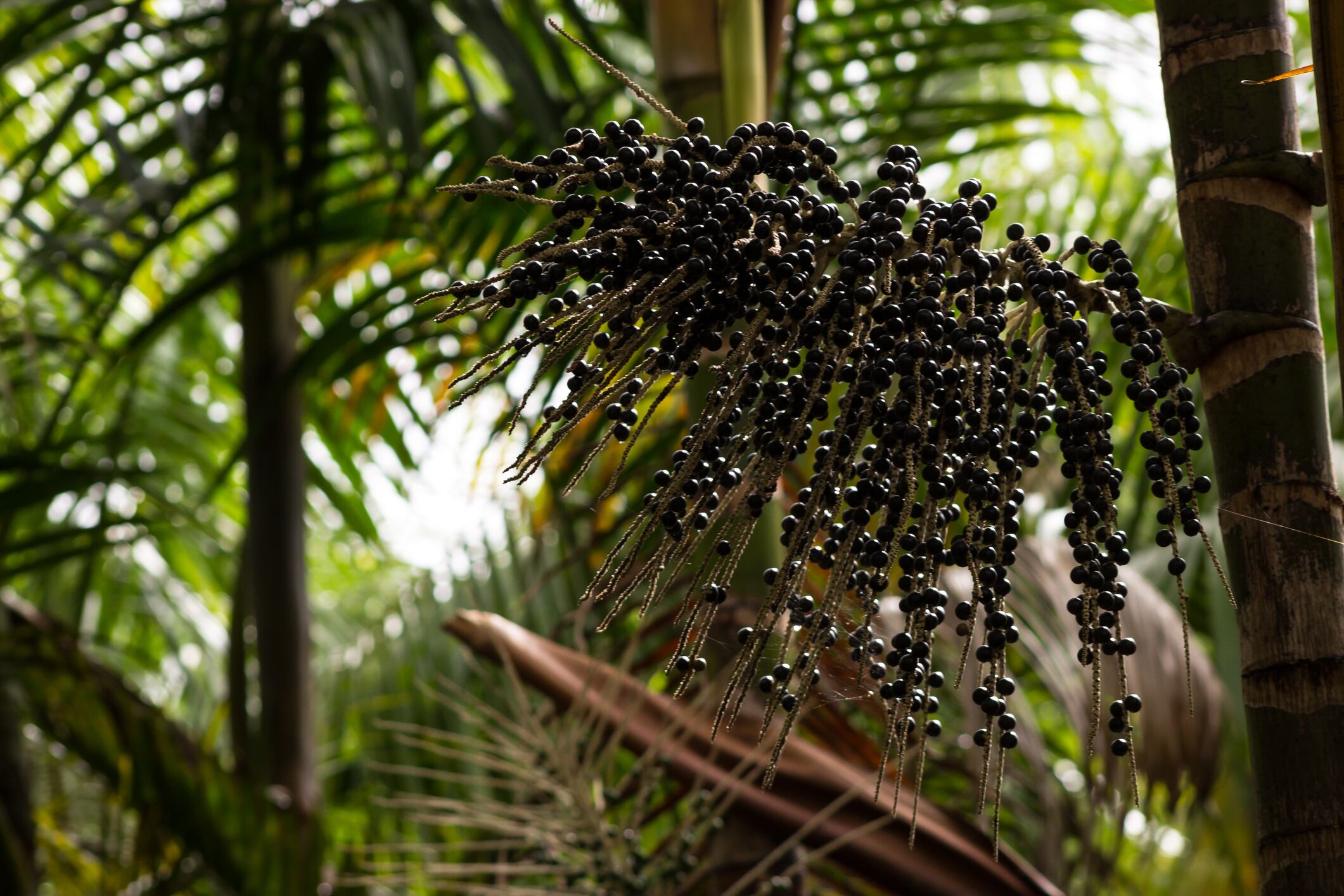According to Sambazon CEO Ryan Black, the case began more than a decade ago. The company had been accused of illegally using genetic components of the açai berry in the products it sells.
Case filed after many years in trade
After many years of doing business in the region of the Amazon basin where the palm species that bears the berries grows, a prosecutor took a different stance on whether the company’s activities violated Brazil’s laws. The original case was filed in the state of Amapá, which is on the north bank of the river’s mouth.
Biopiracy is loosely defined as the appropriation of biological material from a country or region without fair compensation to the local peoples or governments.
Sambazon, which is privately held, makes fruit juices, fruit packs, frozen desserts and snacks, powders and energy drinks based on açai pulp imported from Brazil. Açai is the fruit of the Euterpe oleracea palm, which grows throughout the Amazonian region. It is a common food sold in pulp form in many towns in the region.
Black, CEO of Sambazon, which is based in San Clemente, CA, strenuously denied the charges, saying the company has a long history of fair trade in the region. And he said Sambazon, even though it is a big name in açai in the export trade, is a bit player in the local market.
“Even today only about 7% or 8% of the açai produced leaves the country,” Black told NutraIngredients-LATAM. “If we are violating this law, what about all the companies doing business within Brazil?”
No genetic modification
Black said that the issue arose partly from Brazil’s complicated law itself, in which subsequent product development using base raw materials can be interpreted as genetic appropriation and modification.
“In 2008 someone from an agency in Brazil saw on our website that we were making energy drinks with açai. They had a government agency come to visit our factory to see whether we were genetically modifying the açai,” Black said.
“There was no genetic modification going on. There never was. Adding strawberries or banana to açai does not constitute genetic modification,” he said.
Black said the company was acquitted of the original biopiracy charge in 2013. But a new prosecutor in the state revived the case, which gave rise to press reports last year the company had been slapped with a $20,000 fine for violating the law.
“In June of 2018, there was an article released by Reuters stating that Sambazon was under investigation by a new prosecutor of alleged access to genetic patrimony from nearly ten years ago which was previously investigated and dropped,” Black said.
“In July 2018, Sambazon obtained a judicial injunction suspending the enforceability of the fine and therefore of the merit in question. Although the matter is still ongoing in the Brazilian judicial system, Sambazon reiterates its position that it does not access Genetic Patrimony,” he said.
Convoluted regulatory structure
Other experts have observed that Brazil’s biopiracy laws are labyrinthine and unevenly enforced. It has created a situation in which ingredients from the region are severely underrepresented in the international botanical trade, given the ecosystem’s huge biodiversity.
“The Brazilians do a great job in terms of their plant databases, but their strictures for medicinal plants are just ridiculous for doing any trade,” said ethnobotanical expert Chris Kilham.
Sambazon: Profits have been shared
The Reuters report said that federal prosecutor Rodolfo Lopes accused Sambazon of failing to fulfill a promise to share the profits it makes with the people who harvest the berries.
Black said this is a severe twisting of the facts. In a statement issued to NutraIngredients-LATAM, the company said:
“Since 2000, Sambazon has worked diligently to establish and pioneer social and environmental standards in açai industry establishing organic certification in 2003, and later Fair Trade certification.
“Additionally, in the river communities where the açai fruit is harvested, Sambazon has funded the construction of primary schools, hospice centers and financed hundreds of thousands of dollars of community service programs and social work.
“It is regrettable that the only certified organic and fair trade açai company in the world with the only vertical supply chain, directly supporting 30,000 small family farmers and 2 million hectares of sustainably managed rainforest, is being inaccurately and irresponsibly targeted,” the company concluded.

